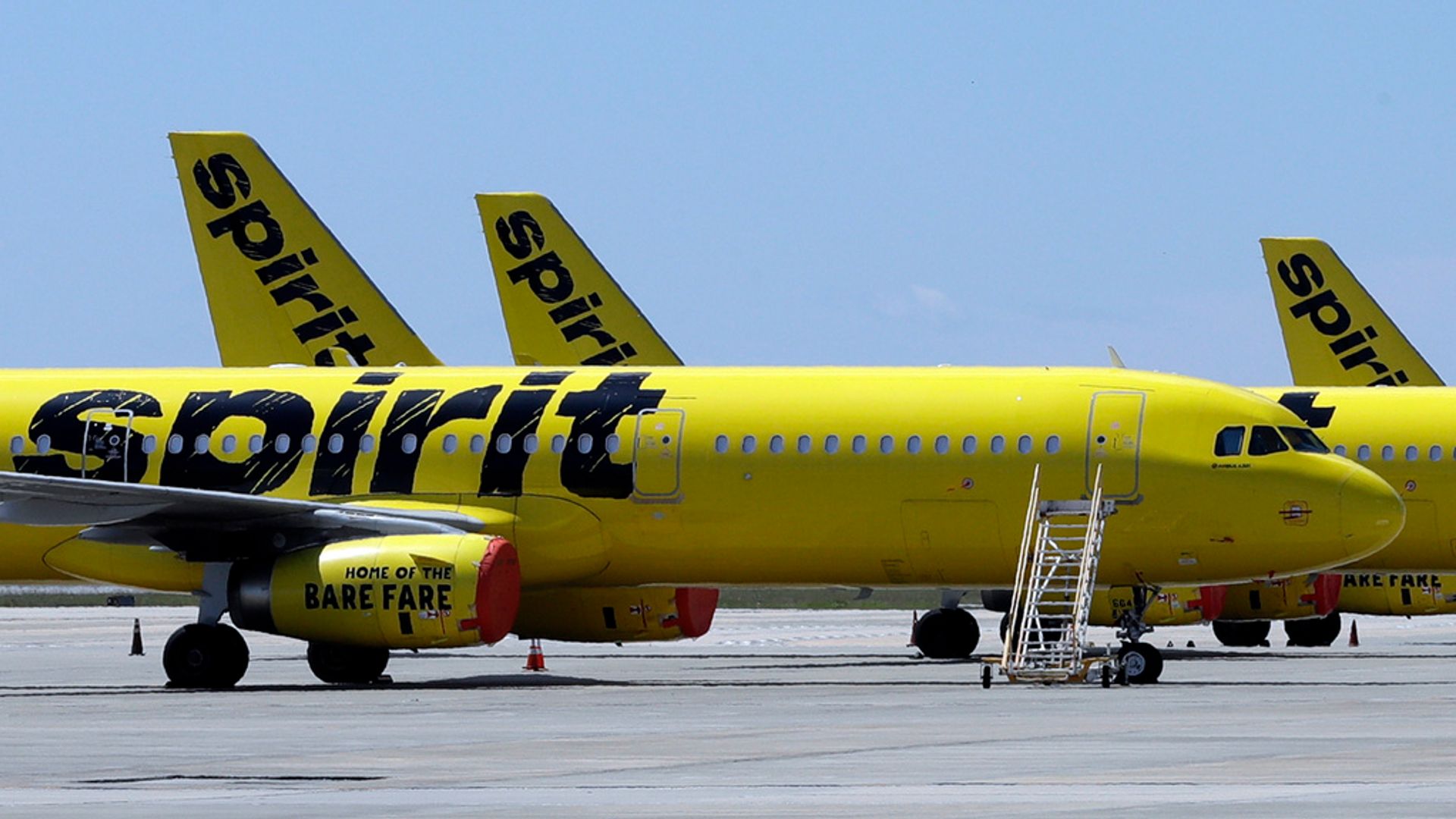
FALMOUTH, Maine — Aaron Parker admits, with no hesitation at all, that he’s a packrat.
In this case, that’s a good thing.
The tendency to hang onto stuff has helped Parker amass what’s likely the largest assemblage of Maine DIY punk rock show flyers on the planet. What started as his personal stash has grown, with the help of a popular Instagram page, into a historic collection of over 500 handmade posters spanning more than 40 years and hundreds of mostly long-gone Maine punk bands.
Parker, 35, hopes to someday share his growing assortment of flyers, and the Maine music history they represent, in a book.
“At least something I can put in the Portland Room at the library,” Parker said.
The Portland Room at the Portland Public Library is where the institution keeps its rare, local and state history archive.
Parker’s punk rock poster-collecting odyssey started about a year ago, when he began uploading images of old flyers from shows he produced in his father’s barn 20 years prior.
“I figured maybe 100 or 150 people would think they were cool — and it very rapidly grew to be 1,500 people,” he said. “People are super into it and are just sending me tons of stuff.”
Along with hundreds of online submissions, Lakisha Green lent Parker her father’s collection of more than 200 flyers. Green’s father was Maine punk rock pioneer Skummy Bob, who died in December. Skummy’s real name was Robert Farrington, and he handmade most of the flyers in the collection. Parker is now in the process of scanning them.

“Some are the original glue-ups,” he said.
Punk music’s “do it yourself” ethos of songwriting, concert promotion and record-making has long extended into flyer design and production.
Farrington made most of his show-promoting creations by cutting words and images out of magazines and newspapers, then reassembling them on a separate sheet of paper with glue, ransom note-style. He’d then make photocopies of the final product and staple them to utility poles around Portland.
Parker remembers doing the same thing for his punk rock shows.
“I made them at my dad’s office,” he said. “I had a key, and he had a photocopier.”
While most of the flyers in Parker’s collection are of the cut-and-paste variety, others feature intricate, hand-drawn images. One, announcing a combination vegan potluck dinner and punk rock show, sports an elaborate, feather-wearing figure with a sword, standing in front of what looks like a skull-shaped cavern.
“It must have taken hours and hours to draw with a technical pen,” Parker said.

Along with preserving the physical flyers by mostly anonymous artists, Parker is trying to pin down other pertinent details that illustrate punk rock’s Maine story. That’s why he is also developing a spreadsheet, tracking which bands played which venue in which year. It’s a lot of work, but he has personal reasons for keeping motivated.
“As much as any popular culture means anything to me, this is what I care about,” Parker said. “The politics, the ethics and the community of punk was very formative for me.”
Punk’s DIY ethos still feels important to Parker’s everyday life, too. He’s now a father and self-employed plant nursery owner who built his own house and grows his own food.
Whatever his motivations, Maine Historical Society Curator Tilly Laskey thinks Parker is doing the right thing in safeguarding the ephemeral flyers.
“There is so much value in preserving them,” Laskey said. “Without the objects and their physical memory, you can’t tell those kinds of stories.”

Laskey curated the Historical Society’s current exhibition, “Music in Maine,” which tracks the state’s melodic story from prehistory until the present day. Included in the show is Maine’s first punk rock 45 rpm record and a show flyer promoting the band who made it.
The group, called the Same Band, released their first songs “Radiation” and “The Desert is a Bitch” in 1978. Active until about 1980, the group once opened for the Ramones in Portland.
For Laskey, it was an easy choice to include the Same Band and punk rock in the Historical Society exhibition.
“My brother, Mike Laskey, was in the band,” she said.
Parker doesn’t have a timeline for when he’ll produce his book, but he’s hoping it’ll include a Maine punk rock timeline and interviews with key musicians who are still around. For now, he’ll keep collecting flyers.
“For a while, there’s going to be a lot more to find,” he said.
If you have a flyer to submit to Parker’s project, contact him through Instagram or at [email protected].










